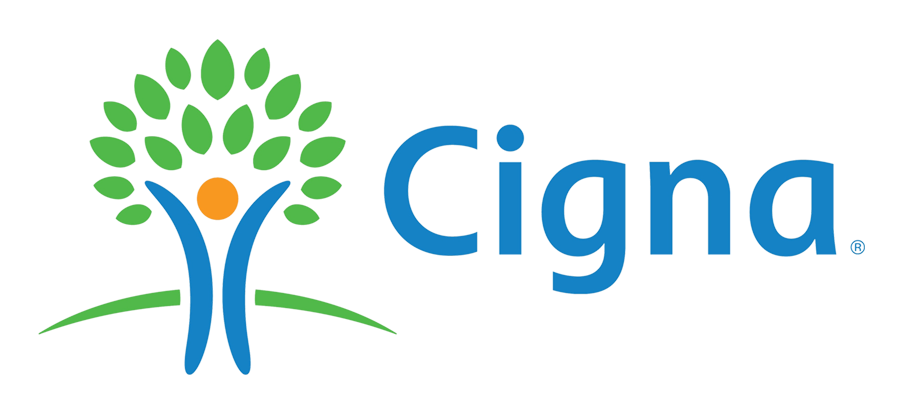How To Start Journaling and The Importance of It
In our fast-paced, digital world it can be hard to slow down and take a moment for ourselves. I encourage writing down our thoughts and start journaling to many clients. Journaling offers many benefits that can improve our mental, emotional, and well-being. Embarking on a journaling journey can be a rewarding experience. Whether you’re looking to express your thoughts and emotions, set goals, or simply capture moments of your life, here’s how I start encouraging my client to journal. It can feel overwhelming, especially when you have never journaled before. Here are some tips to start journaling and the many benefits of writing things down.
Select the Right journal:
First things first, find a journal that you like. It can be a bullet point template journal, colorful notebook, or even a digital platform. My personal favorite is my IPAD, thank goodness for Goodnotes. Having a journal that feels personal to you, you can even decorate it with stickers, quotes, anything that makes you feel good to want to write in it. By putting pen to paper, we create a safe space to express our thoughts, emotions, and experiences without fear of judgment.
Set Clear Intentions:
I tell my client to define their purpose for journaling. Is it for self-reflection, goal setting, creative expression, or a combination of these? Knowing your intentions will guide your writing and make the process more meaningful. You can even use a template journal, I have one that sets an affirmation for that day, priorities, and my goals for the day. There are so many templates out there that you can customize or even if you just want a blank page to start. Start with something that feels right to you and you can adjust as you go on in your journey.
Consistency and Comfortable Space:
It’s important to establish a time to journal. It can be in the morning to start your day or at night before bedtime to unwind. It’s important to find a time and stick with it to build the habit to start journaling. As well, the space that you write in is another factor to think about. Do you prefer a space without distractions? You can journal in the comfort of your bedroom, living room, or even your favorite local coffee shop. Find your time and place to start.
Start Small and Express Your Emotions
If you’re new to journaling, don’t feel pressured to write pages on your first attempt. Start with a few sentences or bullet points. The goal is to build a habit, and you can gradually increase the length of your entries over time. Be honest and open about your feelings. Your journal is a judgment-free zone where you can express joy, frustration, excitement, or sadness. Research shows that journaling can help reduce stress and anxiety.
Journaling is a process, and it’s okay if you miss a day or have shorter entries. Be patient with yourself and view journaling as a tool for self-discovery rather than a task to complete. Remember, there’s no right or wrong way to journal. It’s a personal practice that evolves with you. Allow your journaling process to adapt to your needs, and enjoy the journey of self-discovery and expression.












